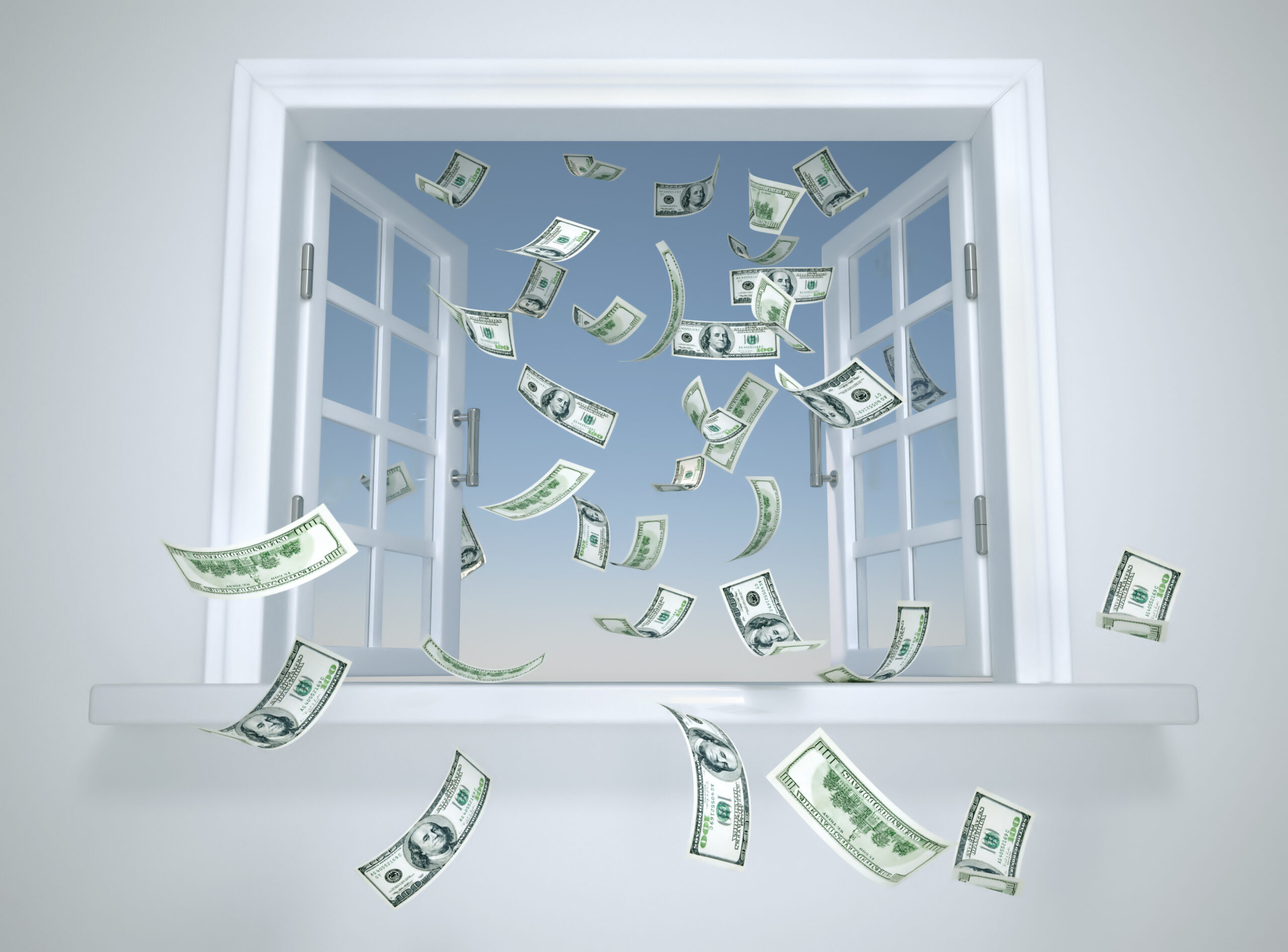As it grows colder this winter, you may have noticed some issues with the heating system in your home. Unfortunately, problems with your furnace are sometimes only apparent once the temperatures drop and the cold weather season is upon us. If this is the case for you, it may be time to schedule a service and get professional advice on preventing a furnace breakdown this winter. If you have concerns, it is best to get them checked out before a more significant issue occurs. In the meantime, there are signs you can look for to recognize just how big of a fix the issue may be. Please note this blog serves as a helpful tool for homeowners to be prepared for their service call and is in no way a replacement for a professional’s diagnosis and advice.
Signs Your Furnace Needs a Repair
- The unit is not turning on with ease or at all. Often, issues starting up your furnace are due to a malfunction of a particular component and, on their own, may not be cause for concern.
- The pilot light on the unit is yellow instead of blue. While this can be a safety hazard and should be addressed promptly, it is usually caused by a ventilation issue that can most likely be remedied by repair. To learn more about ways to stay warm and safe during the winter, read our blog here.
- The temperature of your home does not match the number on the thermostat. Usually, this is a sign that either your furnace is not working well enough to heat the house and may even be blowing cold air, or the communication between your furnace and thermostat is faulty.
- Abnormal smells or sounds are coming from the unit. Usually, this is caused by a leak, debris in the unit, broken parts, or loose components.
- It has been a while since you have had a maintenance visit. The best way to prevent repairs is to have maintenance visit once a year. Most HVAC companies have maintenance plans to ensure you are comfortable all year long.

Signs Your Furnace Needs to be Replaced
- Your furnace regularly needs repairs. As your system ages, it is only natural that parts of the unit will become worn down and need adjusting more frequently. Many repairs add up over time, and it is often more cost-effective to replace the system before it completely stops working.
- Your energy bills are increasing over time. Older systems are generally less efficient, but a system that is starting to fail will cause a steady decrease in efficiency and is a sign it is time to replace.
- Your furnace is more than 15 years old. While the lifespan of a furnace varies unit by unit, 15 years is standard.
If you know someone who could benefit from this blog, please share it.
If your question still needs answering or you’d like to schedule a consultation, contact the friendly team at Genove Oil & Air, and we’ll help you find the right solution for your home or business.
Whether you need home heating oil or Bioheat delivery, or installation and service of oil & natural gas systems for HVAC, heating, and cooling—call us at 781-893-9191 or email us.


